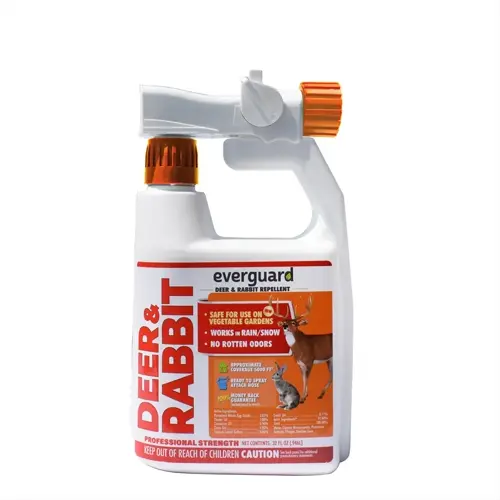Is vinegar safer than chemical weed killers?

Written by
Benjamin Miller
Reviewed by
Prof. Charles Hartman, Ph.D.Vinegar offers a safer alternative to chemical-based weed killers, promoting eco-friendly gardening practices. It decomposes quickly and does not leave residual soil contamination, unlike synthetic herbicides. You also protect the groundwater and your beneficial insects by electing to use this natural herbicide. But remember that how vinegar is applied is just as important if you wish to enjoy the safety benefits.
Environmental Impact
- Vinegar degrades within days leaving no toxic residues
- Synthetic herbicides persist months contaminating groundwater
- Chemical runoff harms aquatic ecosystems long-term
Human Health
- Requires gloves/goggles but no respiratory protection
- Chemical herbicides link to chronic health conditions
- No carcinogenic risks compared to glyphosate products
Non-Target Damage
- Drift harms nearby plants but recovery occurs
- Chemical residues stunt growth for entire seasons
- Accidental overspray causes more severe damage
Soil Health
- No lasting soil contamination when used properly
- Synthetics reduce microbial diversity significantly
- Chemical accumulation creates dead zones over time
Beneficial Insects
- Direct contact harms bees but populations rebound
- Systemic herbicides contaminate pollen/nectar sources
- Chemical traces persist in hives affecting colonies
Correct application methods can reduce the risks associated with using vinegar products. I do targeted spraying on calm mornings, while wearing appropriate protective gear. This method avoids drift and contact with the less tolerant food plants and beneficials. Do not apply before rainfall to avoid contaminating adjacent waterways. Always rinse tools thoroughly after usage to prevent corrosion.
While vinegar does not have a significant environmental impact, you still need to be careful with it. Concentrated solutions have the potential to cause chemical burns, similar to those caused by synthetic products. I keep vinegar-based weed killers in clearly marked bottles, totally out of reach of children. I always keep baking soda on hand in case of spills.
Read the full article: 10 Natural Weed Control Methods That Work

